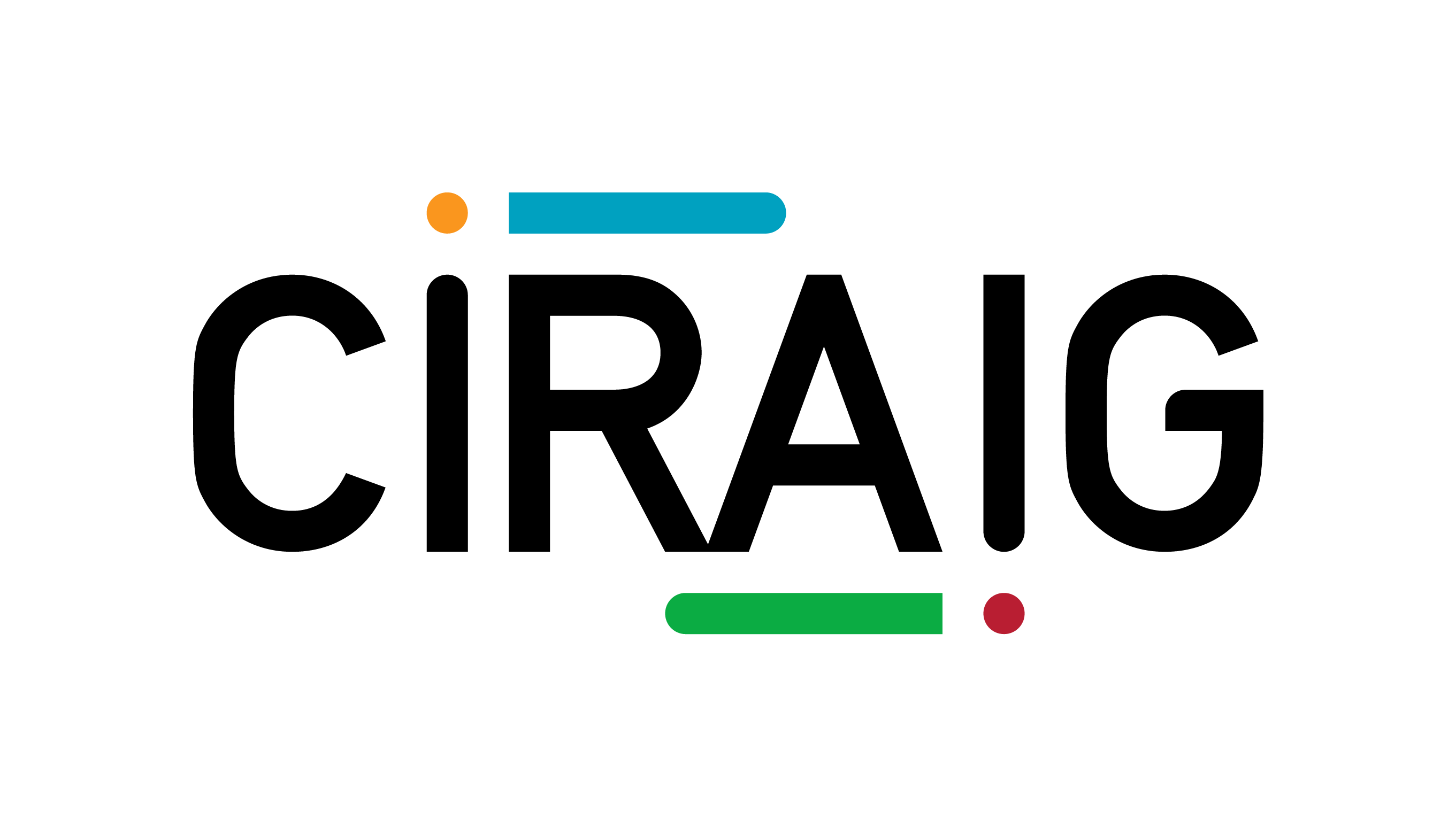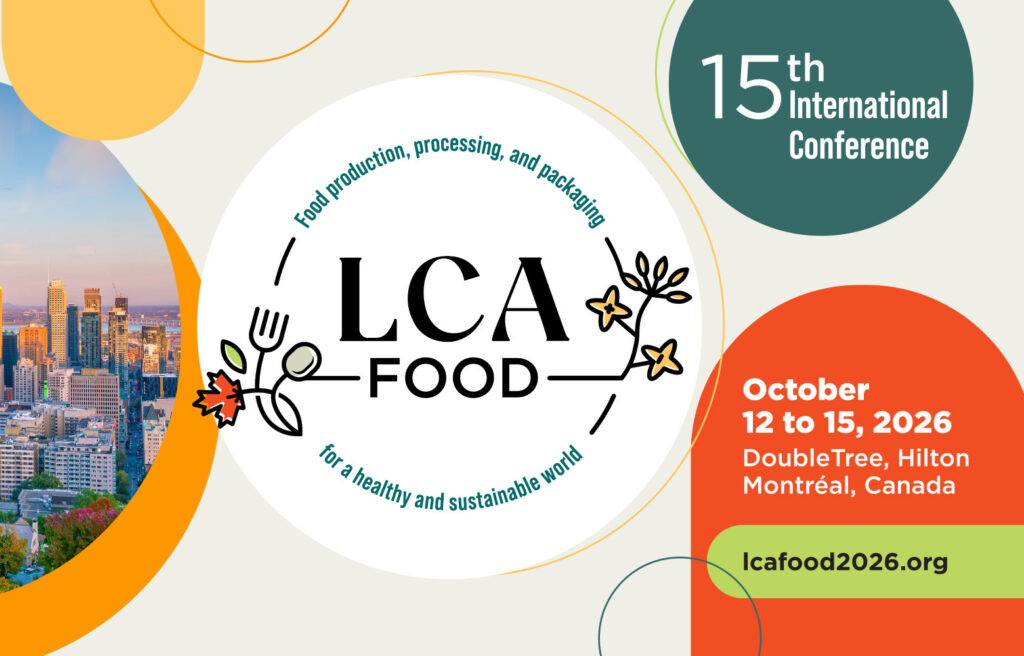Comparison of electric vehicles and conventional vehicles in the Québec context

At Hydro-Québec’s request, the Interuniversity Research Centre for the Life Cycle of Products, Processes and Services (CIRAIG) undertook a comparative life-cycle assessment of electric vehicles and conventional vehicles in the Québec context.
The goal was to determine the degree to which the use of an electric vehicle powered by electricity generated in Québec can be environmentally beneficial compared to a conventional vehicle.
The potential impacts were assessed based on the following indicators: Human health, Ecosystem quality, Climate change, Depletion of fossil resources and Depletion of mineral resources.
Results
Most of the environmental impacts of electric vehicles are associated to their manufacturing. With conventional vehicles, it is their use that generates the greatest impact. In fact, at the time of purchase, the impacts of electric vehicles are more significant than those of conventional vehicles. However, after accounting for 300,000 km of travel, electric vehicles have 55% to 80% less impacts than conventional vehicles. These values exclude the Depletion of mineral resources indicator, which favors conventional vehicles. The impacts of the vehicles vary based on a number of factors such as their mass, energy efficiency and use conditions. This study performed an exhaustive evaluation of the influence of these factors. Overall, the results differ based on use conditions and distance travelled. The longer the distance travelled, the greater the advantage of electric vehicles. Therefore, electric vehicles represent a better environmental choice than conventional vehicles in a Québec context. Addendum to the comparative life-cycle assessment report on the potential environmental impacts of electric vehicles and conventional vehicles in the Québec context Note: This addendum assesses the impacts of using different electricity mixes to charge an electric vehicle.In collaboration with
We use cookies on our website to give you the most relevant experience by remembering your preferences and repeat visits. By clicking “Accept”, you consent to the use of ALL the cookies.
Manage consent
Privacy Overview
This website uses cookies to improve your experience while you navigate through the website. Out of these, the cookies that are categorized as necessary are stored on your browser as they are essential for the working of basic functionalities of the website. We also use third-party cookies that help us analyze and understand how you use this website. These cookies will be stored in your browser only with your consent. You also have the option to opt-out of these cookies. But opting out of some of these cookies may affect your browsing experience.
Necessary cookies are absolutely essential for the website to function properly. This category only includes cookies that ensures basic functionalities and security features of the website. These cookies do not store any personal information.
Any cookies that may not be particularly necessary for the website to function and is used specifically to collect user personal data via analytics, ads, other embedded contents are termed as non-necessary cookies. It is mandatory to procure user consent prior to running these cookies on your website.
Your subscription could not be saved. Please try again.
Your subscription has been successful.





